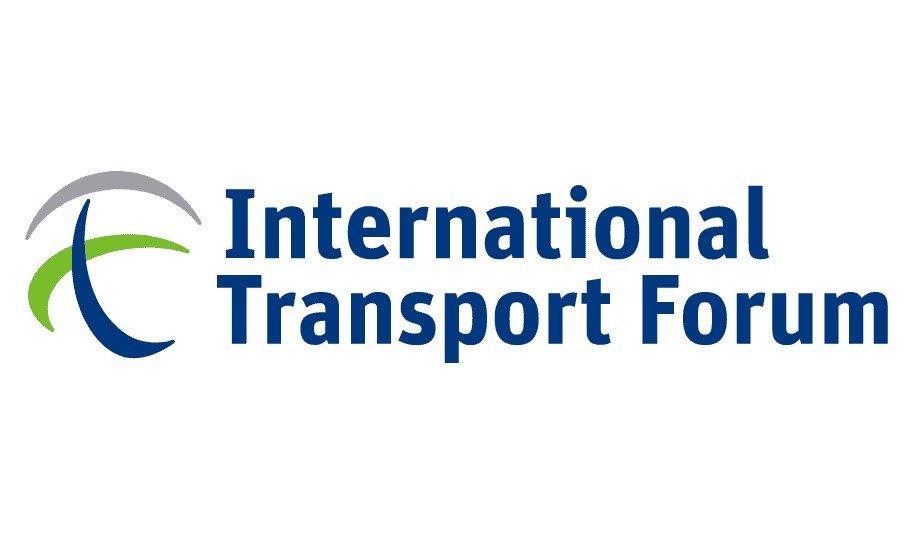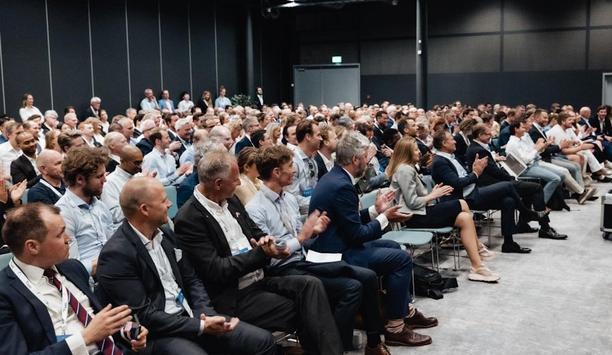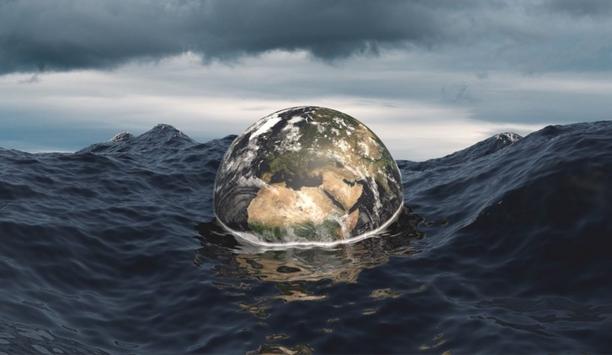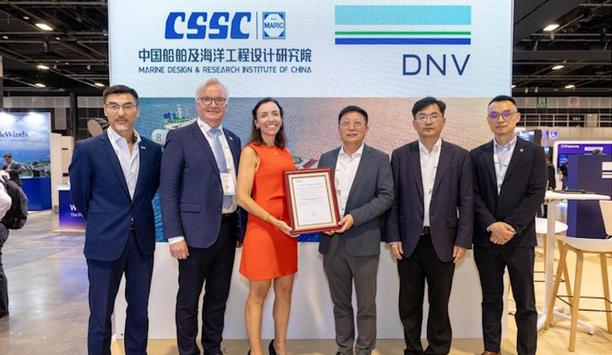A new report by the International Transport Forum explores ways to reduce carbon emissions and air pollution from ships. The publication coincides with the 75th meeting of the Marine Environment Protection Committee of the International Maritime Organization.
The report “Navigating Towards Cleaner Maritime Shipping” specifically examines:
- How the Nordic region can build on its success as a pioneer in sustainable shipping, and
- How these experiences can help other shipping nations to reduce shipping emissions.
The report details currently feasible technological options to reduce emissions and reviews the status of their adoption including government plans to shape future developments. It also assesses implications for policymakers to achieve a rapid transition to cleaner maritime shipping.
Report findings
Among other findings, the study concludes that:
- Accelerated innovation is important in a sector dependent on long-lasting assets like ships and that policy is critical to stimulate the deployment of low-carbon technologies in the maritime sector;
- Readily available technologies can unlock efficiency improvements and are an urgent priority. These often low-cost technologies are an essential pillar of a transition to low-carbon shipping
- Low-carbon fuels and energy vectors are needed to decarbonise the maritime sector. Biofuels, electricity, hydrogen, synthetic hydrocarbons (including methanol), and ammonia are the most promising options.
- Current policies focus on direct CO2 emissions and do not account for upstream greenhouse gas emissions during fuel production.
- Electric ships can be highly effective at reducing ship emissions for short-distance routes. The low energy density of batteries limits the potential of fully electric ships for long distances, however.
- The use of onshore power can reduce fuel consumption and air pollution. Importantly, it could provide charging infrastructure for ship batteries and thus the foundation for the electrification of maritime transport. But the wide range of systems used is a barrier to large-scale adoption of shore power.
- Advanced biofuels can reduce demand for petroleum-based fuels, in particular liquids that can use existing fuel infrastructure. However, shipping will compete with other sectors for biofuels.
- Ammonia and possibly hydrogen could be used as shipping fuels in the future. As with synthetic hydrocarbons, producing them sustainably is essential; based on fossil fuels they would be worse for the climate than heavy fuel oil.
Report recommendations
The report makes six recommendations, namely:
- Increase the energy efficiency of new and existing ships;
- Leverage public sector procurement to stimulate the electrification of short-distance shipping;
- Introduce regulations on lifecycle emissions of maritime fuels;
- Put in place carbon pricing for shipping and policies that reduce the carbon content of shipping fuels;
- Advance the discussion on market-based mechanisms at the international maritime organisation; and
- Launch pilot projects to gain experience with new fuels and accelerate the adoption of safety guidelines.
Environmentally friendly technology
Nordic governments support environmentally friendly technology to stimulate employment in the maritime"
Pierpaolo Cazzola, project lead for the report at the International Transport Forum, said, “In the Nordic countries, both government and the private sector provide strong leadership in environmental questions.”
“Nordic governments have understood that support for environmentally friendly technology can stimulate employment in the maritime sector and in ensuring its competitiveness. Government-sponsored research is thus often accompanied by industry partnerships and cluster initiatives that provide a fertile environment for innovation."
Real-life application
Cazzola continues, “Many of these schemes bring together multiple actors and ensure a full project cycle from research via the demonstration phase to market introduction and investment finance for customers willing to apply the new solution.”
“This last step has been important to ensure that prototypes find their way into real-life applications. It is an approach that holds many lessons for shipping nations seeking to decarbonise their fleet as quickly as possible.” The report was initiated by the Nordic Council of Ministers and funded by the Nordic Energy Research (NER), an intergovernmental organisation within the framework of the Nordic Council.











